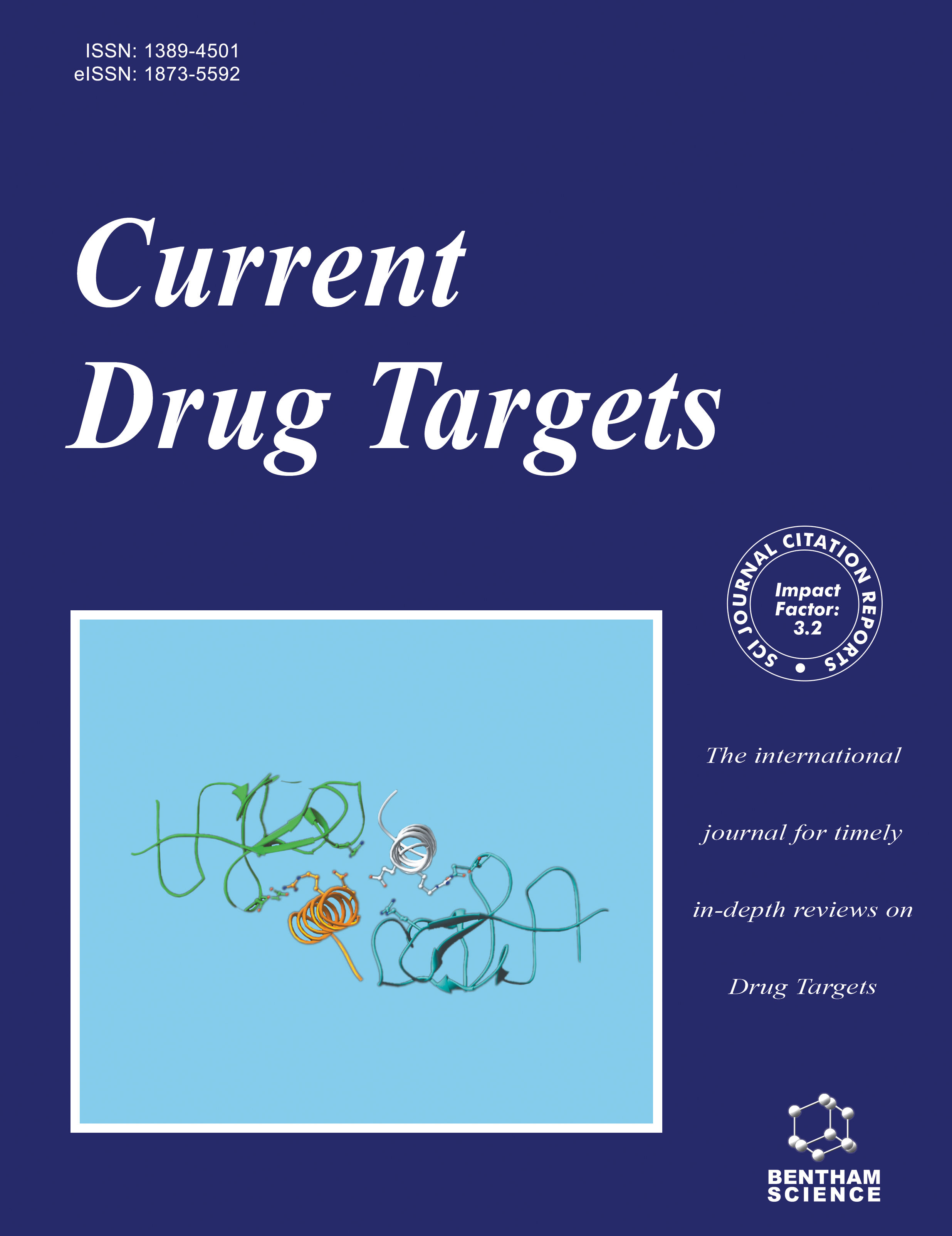
Full text loading...
Gut-peptide hormones are crucial regulators of various physiological processes, including metabolism, digestion, behavior, and homeostasis. In Drosophila melanogaster, a widely used model organism, a diverse range of gut-peptide hormones governs gut-brain communication, influencing food intake, energy balance, circadian rhythms, stress responses, and aging.
This review summarizes recent studies on gut-peptide hormones in D. melanogaster, focusing on their mechanisms of action, interactions with other signaling pathways, and their relevance to human orthologs.
The PubMed database was searched for studies on gut-peptide hormones in D. melanogaster published in the past decade.
The functions of D. melanogaster gut-peptide hormones were reviewed, including DH31, Bursicon (Burs), Tachykinins (Tks), Hedgehog (Hh), Pigment-dispersing factor (PDF), Neuropeptide F (NPF), Short neuropeptide F (sNPF), Allatostatins (ASTs), CCHamides (CCHa), and Limostatin (Lst). These hormones regulate key physiological processes such as digestion, energy homeostasis, and metabolism through conserved pathways.
Drosophila melanogaster gut-peptide hormones are fundamental regulators of health and disease. They are conducive to exploring conserved mechanisms for developing treatments against human metabolic and aging disorders.

Article metrics loading...

Full text loading...
References


Data & Media loading...
Supplements

